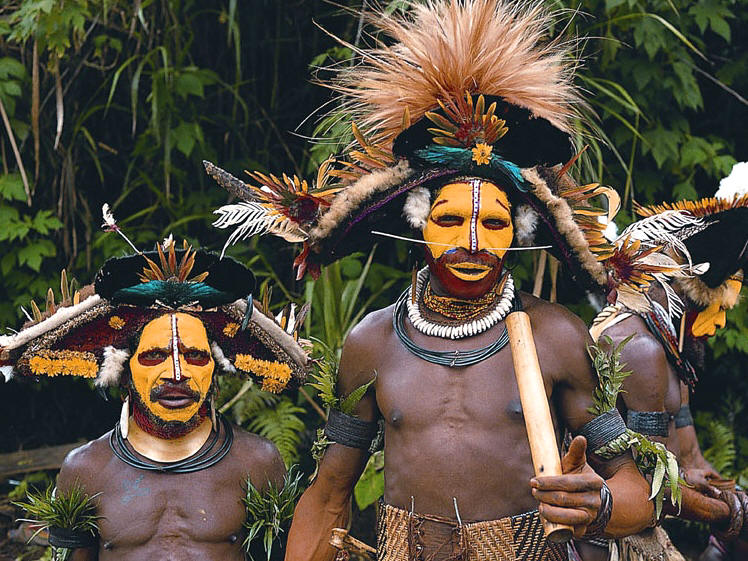"Novels like the 25th hour don't fall out of tree every day. The tone is dark and intense; its elegant style is cut on the raw side; and the caracters come from places we've all been. " (The New York Times)
Discuss this statement in the light of your reading. You can also include some comparisons with the movie we have watched so far.
All Monty Brogan ever really wanted when he grew up was to be a fireman. Now he's about to start a seven-year stretch in the federal penitentiary for drug dealing. With just twenty-four hours of freedom to go, he prowls the city with his girlfriend and his two best friends from high school — a high-flying bond trader and an idealistic teacher. As the minutes count down, Monty seizes one last chance to stack the odds in his favor.
Hurtling from the money pits of Wall Street to Manhattan's downtown lounge and club scene, from the enclaves of the Russian mob to the old immigrant neighborhoods, The 25th Hour evokes the pulsing rhythms and diamond-hard edges of a city in the raw, illusory hours between midnight and dawn. A taut and mesmerizing tale of an urban purgatory suspended between the crime and the punishment, The 25th Hour heralds the arrival of a major player in contemporary noir fiction.
The book starts with a strong narration of Monty's bravery, trying to save a dog from the street. This wa
Friday, March 9, 2012
Friday, March 2, 2012
Papua New Guinea
Papua New Guinea (PNG), officially the Independent State of Papua New Guinea, is a country in Oceania, occupying the eastern half of the island of New Guinea and numerous offshore islands (the western portion of the island is a part of the Indonesian provinces of Papua and West Papua). It is located in the southwestern Pacific Ocean, in a region defined since the early 19th century as Melanesia. The capital is Port Moresby.
Papua New Guinea is one of the most culturally diverse countries on Earth, with over 850 indigenous languages and at least as many traditional societies, out of a population of just under seven million. It is also one of the most rural, as only 18% of its people live in urban centres. The country is one of the world's least explored, culturally and geographically, and many undiscovered species of plants and animals are thought to exist in the interior of Papua New Guinea.
The majority of the population live in traditional societies and practise subsistence-based agriculture. These societies and clans have some explicit acknowledgement within the nation's constitutional framework.
After being ruled by three external powers since 1884, Papua New Guinea gained its independence from Australia in 1975. It remains a Commonwealth realm of Her Majesty Elizabeth II, Queen of Papua New Guinea. Many people live in extreme poverty, with about one third of the population living on less than US $1.25 per day.
Papua New Guinea is part of the Australasia ecozone, which also includes Australia, New Zealand, eastern Indonesia, and several Pacific island groups, including the Solomon Islands and Vanuatu.
Australia and New Guinea are portions of the ancient supercontinent of Gondwana, which started to break into smaller continents in the Cretaceous era, 65-130 million years ago. Australia finally broke free from Antarctica about 45 million years ago. All the Australasian lands are home to the Antarctic flora, descended from the flora of southern Gondwana, including the coniferous podocarps and Araucaria pines, and the broadleafed southern beech (Nothofagus). These plant families are still present in Papua New Guinea.
As the Indo-Australian Plate (which includes landmasses of India, Australia, and the Indian Ocean floor in between) drifts north, it collides with the Eurasian Plate. The collision of the two plates pushed up the Himalayas, the Indonesian islands, and New Guinea's Central Range. The Central Range is much younger and higher than the mountains of Australia, so high that it is home to rare equatorial glaciers. New Guinea is part of the humid tropics, and many Indomalayan rainforest plants spread across the narrow straits from Asia, mixing together with the old Australian and Antarctic floras.
Former Prime Minister Sir Mekere Morauta tried to restore integrity to state institutions, stabilize the kina, restore stability to the national budget, privatize public enterprises where appropriate, and ensure ongoing peace on Bougainville following the 1997 agreement which ended Bougainville's secessionist unrest. The Morauta government had considerable success in attracting international support, specifically gaining the backing of the IMF and the World Bank in securing development assistance loans. Significant challenges face the current Prime Minister Sir Michael Somare, including gaining further investor confidence, continuing efforts to privatize government assets, and maintaining the support of members of Parliament.
In March 2006 the United Nations Development Programme Policy called for Papua New Guinea's designation of developing country to be downgraded to least-developed country because of protracted economic and social stagnation.However, an evaluation by the International Monetary Fund in late 2008 found that "a combination of prudent fiscal and monetary policies, and high global prices for mineral commodity exports, have underpinned Papua New Guinea's recent buoyant economic growth and macroeconomic stability. Real GDP growth, at over 6% in 2007, was broad-based and is expected to continue to be strong in 2008."
Subscribe to:
Comments (Atom)





